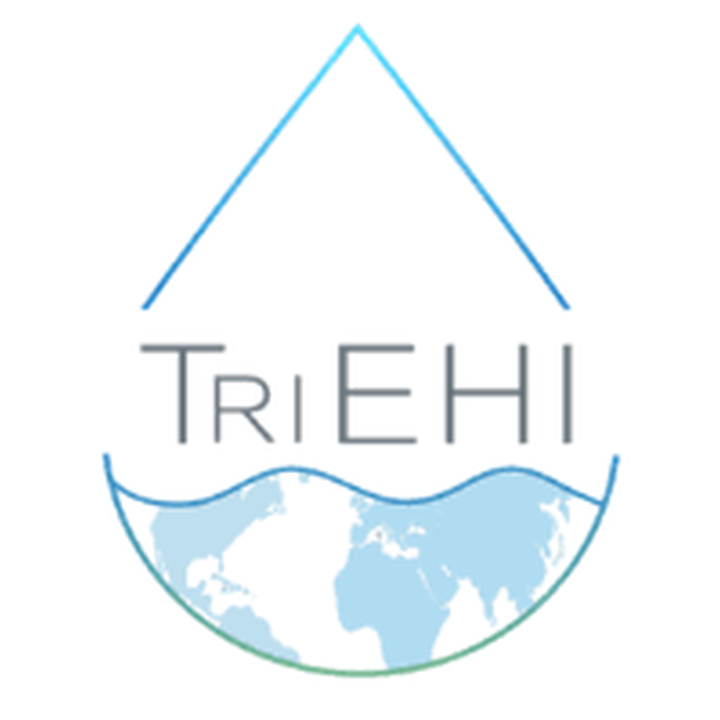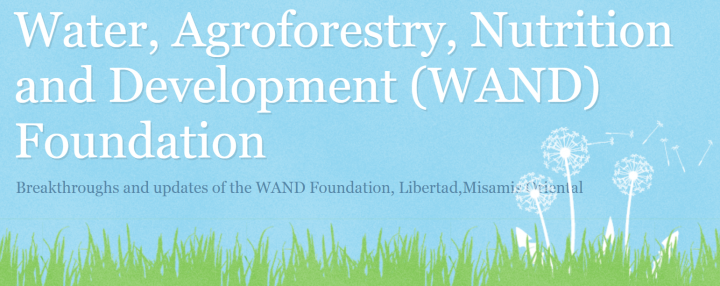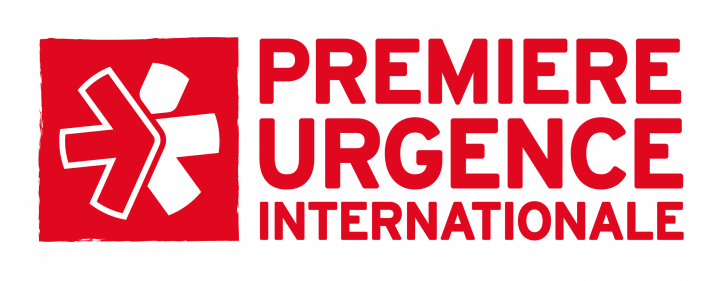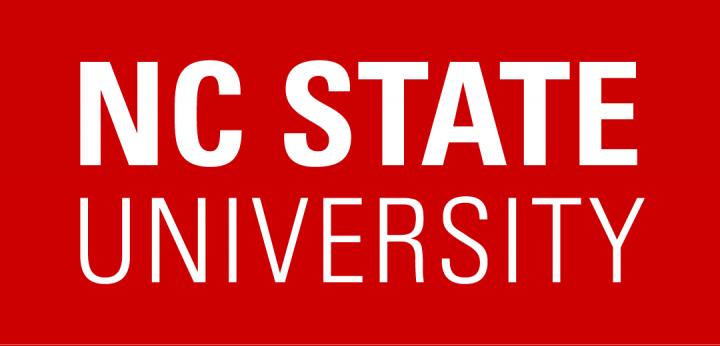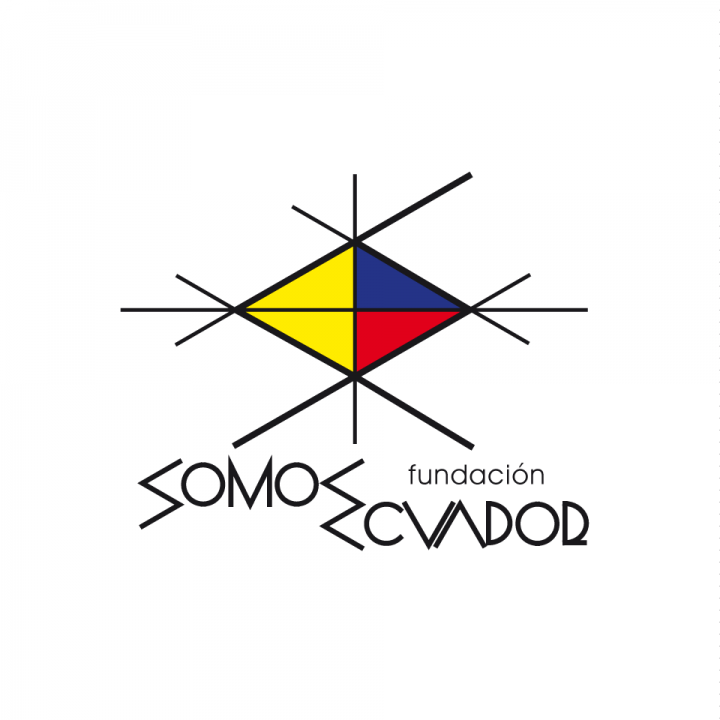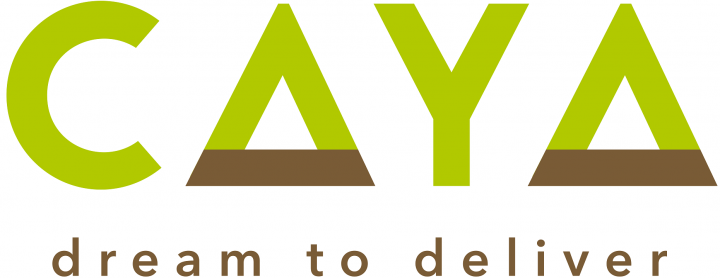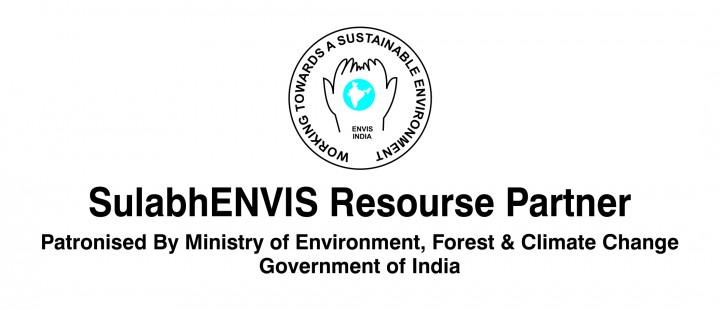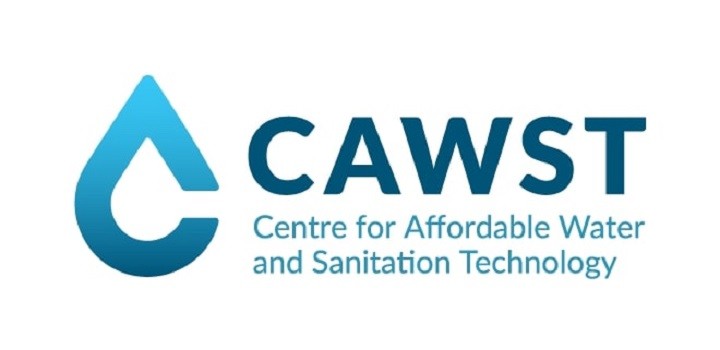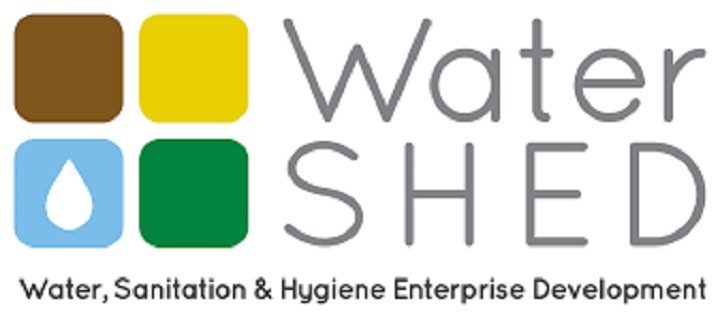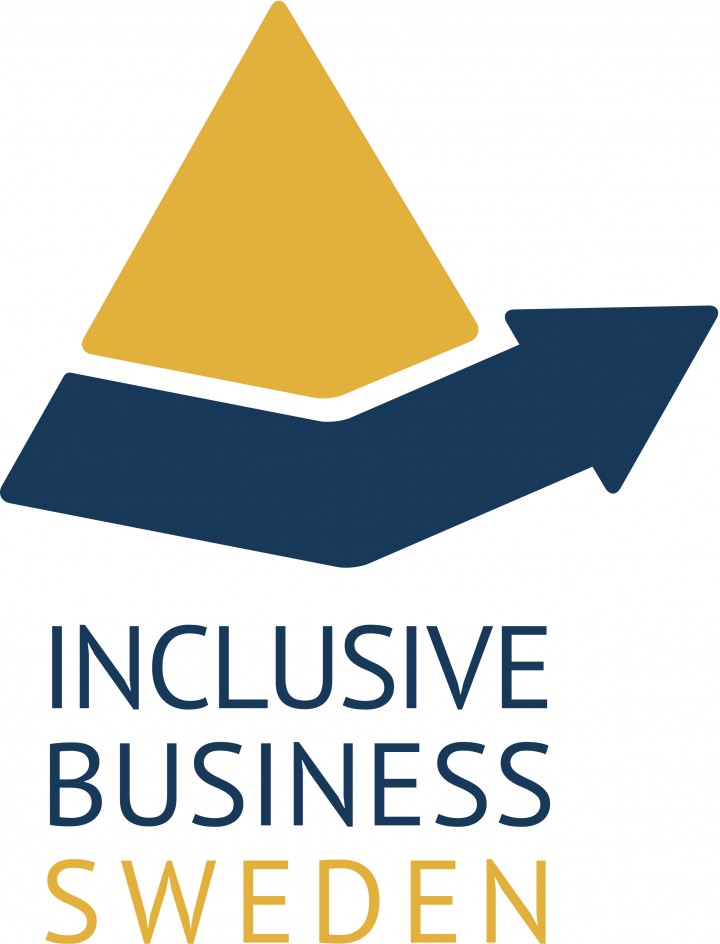Tri-EHI Triangle Environmental Health Initiative
The Triangle Environmental Health Initiative (Tri-EHI) was founded in 2016 with a mission to provide water, sanitation and hygiene (WASH) based solutions to better the lives of the 2.4 billion people without access to proper sanitation. Tri-EHI will work to accomplish this mission through promoting collaboration, continued research, and the development of creative WASH solutions, focused in the developing world. Tri-EHI has established relationships with several institutions working in the WASH sector and is collaborating with them to design, develop, and implement technologies internationally including in South Africa, India, and Malawi.
WAND Water, Agroforestry, Nutrition and Development Foundation, Inc.
The WAND Foundation provides social development programmes with an emphasis on biodiversity, the environmental and agricultural sectors, and rural entrepreneurship for local communities in the Philippines. In collaboration with Science for Humanity, WAND aims to explore the use of treated household waste as fertilizer for crops and vegetation. They also joined the Global Giving Challenge. There the "Ecological Sanitation and Food Security Project" is running. They target 300 marginalized families. Providing them with arborloo toilets and "pump-priming" livelihood resources will improve their economic self-sufficiency and ensure their living dignified lives rather than living like animals. For more information about the Challenge and how to donate, kindly follow the link: http://www.globalgiving.org/projects/ecosan-and-food-production-for-300-upland-farmers/
SEI Stockholm Environment Institute
SEI is an independent international research institute with offices in Sweden, the UK, Estonia, the US, Thailand and Kenya. We have been engaged in environment and development issues at local, national, regional and global policy levels for more than 25 years. Our goal is to support decision-making and induce change towards sustainable development around the world by providing integrative knowledge that bridges science and policy in the field of environment and development. Our approach is often highly collaborative, and stakeholder involvement has always been at the heart of SEI’s work. Our projects help to build capacity and strengthen institutions to equip our partners for the long-term. SEI was the home of the EcoSanRes Programme, a pioneer in the area of sustainable sanitation between 2001 and […]
Birzeit University
The Institute of Environmental and Water Studies (IEWS), center of excellence of Birzeit University provides building capacity via education (MSc. Levels), R&D and training in the fields of water treatment and sanitation sectors. Since 2000, hundreds of MSc students graduated and provide environmental services to local and foreign markets, many locally and EU funded development projects are managed and implemented. Local advisory services are provided to national and international agencies working in the field of water & environment
PUI Premiere Urgence Internationale
Premiere Urgence Internationale (PUI) is a non-profit, international NGO. PUI\'s mission is to provide a rapid global response to the basic needs of populations affected by humanitarian crises such as natural disasters, economic crises and conflicts. PUI is committed to helping victims regain independence and dignity. PUI\'s projects are being carried out in 21 countries by 2,650 native workers, 145 foreign workers and 80 head office employees.
NCSU North Carolina State University
North Carolina State University's Global Water Sanitation and Hygiene (WaSH) faculty cluster led by Dr. Francis de los Reyes from the Department of Civil, Construction, and Environmental Engineering includes researchers from the College of Agriculture and Life Sciences, the College of Humanities and Social Sciences, and the College of Natural Resources. The goal of the Global WaSH cluster is to address water and sanitation issues by developing new technologies that are context sensitive, practical, and take advantage of developments in energy, environmental processes, materials science, data technologies, design and ecology. Advances in public health and environmental research are required in an interconnected world with increasing population and environmental pressures. Find out more about the Global WaSH cluster and the diverse group of scholars who are […]
WRC Water Research Commission
The WRC was established in terms of the Water Research Act (Act No 34 of 1971), following a period of serious water shortage. It was deemed to be of national importance to generate new knowledge and to promote the country’s water research purposefully, owing to the view held that water would be one of South Africa’s most limiting factors in the 21st century The strategic direction of the WRC is focused on: - An integrated approach to meeting South Africa's societal and water-sector R&D needs - Provision of integrated solutions to invariably complex, inter-disciplinary problems - Ongoing strategic identification of needs (short, medium and long-term needs, both explicit and implicit) - Investment in knowledge creation, transfer and dissemination in a set of 5 Key Strategic Areas […]
MCDI Medical Care Development International
Medical Care Development International (MCDI) is the international division of Medical Care Development (MCD), a non-profit organization that works to strengthen health systems through high-impact public health interventions.
WSP - Africa Water and Sanitation Program
The Water and Sanitation Program (WSP) is a multi-donor partnership administered by the World Bank to support poor people in obtaining affordable, safe and sustainable access to water and sanitation services. They work directly with client governments at the local and national level in 25 countries through regional offices in Africa, East and South Asia, Latin America and the Caribbean, and in, Washington D.C. WSP has led or supported many of the advances made within the water and sanitation sector over the last three decades. They are able to share best practices across regions and place a strong focus on capacity-building by forming partnerships with academia, civil society organizations, donors, governments, media, private sector, and others. Their work helps to effect […]
FSE Fundacion Somos Ecuador
Somos Ecuador is a non-governmental organization that implements integral processes focused on promoting sustainable habitat management.
Sulabh Sulabh International - Social Service Organisation
The Sulabh International Social Service Organisation is the only nationally and internationally acclaimed agengy working in the sanitation sector. VISION of the NGO A healthy and hygienic India, free of the practice of defecation in the open and faecal pollution of environment. A society free of untouchability, social discrimination and prevalence of the sub-human practice of manual cleaning of human excreta (scavenging). MISSION of the NGO To educate and motivate the people, sensitize policy makers and functionaries and promote activities and programmes of the Govt. and as well as the people, to achieve Sulabh’s vision in the foreseeable future.
CAYA CAYA Constructs
CAYA Constructs was set up in 2015 to deliver social and sustainable innovations to contribute towards SDGs. In sanitation, CAYA uses precast reinforced cement concrete technology (RCC) to factory-manufacture household toilets, community toilets, and on-site sanitation units at large scale. CAYA is also providing daily cleaning and maintenance by well-trained Swachhta Sainiks and conducting behaviour change campaigns. Thus, CAYA is the first and only company to provide a Total Sanitation Solution - our team of 60 has the experience to cover the entire value chain.
SulabhENVIS (SulabhENVIS Centre)
ENVIS's (Environmental Information System) mission is to provide access to and enhance the use of environment related information in India as well as the rest of the world, advancing understanding of different environment related issues and indirectly serving the needs of public and private decision making. ENVIS is a network that unites around hundred organizations in India, known as ENVIS Centres. It is dedicated to providing comprehensive, up-to-date environmental information and news. ENVIS exists solely to act as an information broker for environmental information in India. ENVIS network offers a mother portal which acts as a platform for inter nodal interaction. The entire portal has been designed and organized to provide with easy access to the multitude of environment related information available with the ENVIS […]
SuSan Design Sustainable Sanitation Design
Sustainable Sanitation Design is a business oriented foundation that aims to: Deliver innovative service concepts and products to form a sanitation value chain assuring low income countries with quality sanitation systems. We seek to develop scalable implementation strategies of sanitation services based on local entrepreneurship, management incentives and value creation through the transformation of human excreta into a safe and hygienic soil improvement agent and fertilizers for agriculture.
CAWST
CAWST, the Centre for Affordable Water and Sanitation Technology, is a nonprofit organization and licensed engineering firm that provides training and consulting to organizations that work directly with populations in developing countries who lack access to clean water and basic sanitation. CAWST "walks beside" hundreds of organizations—government agencies, community groups, and local and international NGOs of all sizes—in 82 countries as they develop their capacities to deliver water and sanitation programs locally. Impacting the lives of 13.1 million people worldwide through better water and sanitation since 2001, CAWST's capacity building model has demonstrated its ability to catalyze community action in developing countries to initiate and operate water and sanitation programs.
n/a WaterSHED
WaterSHED uses a systems-approach to build the rural market for water, sanitation, and hygiene products and services across Southeast Asia. Based in Cambodia, WaterSHED uses in-depth research to identify strategic opportunities and gaps in the wider system, and then works to strengthen the capacity and relationships between key actors to create a more dynamic and resilient market. By engaging key actors in the system, including small businesses, customers, and local government, WaterSHED facilitates the adoption of toilets, water filters, and handwashing stations - building a market that functions independent of traditional aid. To date, WaterSHED's Hands-Off marketing approach has successfully enabled small businesses to sell more than 180.000 toilets, generating more than USD $9 million in revenue for rural businesses, and helping accelerate sanitation coverage from […]
SIDA Swedish International Development Agency
Sida works according to directives of the Swedish Parliament and Government to reduce poverty in the world. The overall goal of Swedish development cooperation is to contribute to making it possible for poor people to improve their living conditions.
SWH Swedish Water House
The Swedish Water HouseProjectsContact Us About us Swedish Water House (SWH) provides meeting places for innovative thinking on emerging issues, knowledge dissemination and multidisciplinary policy development concerning the global water situation. SWH annually organises a range of seminars and workshops focusing on various topics in the field of water and development. In addition SWH supports seminars for Swedish stakeholders and Swedish participation in international meetings addressing the world water crisis. SWH cluster groups bring together Swedish stakeholders from different backgrounds to address emerging water issues through joint policy recommendations. SWH publications and website are tools for building knowledge and reaching out to decision makers as well as to media and general public.
AHT GROUP AG
AHT GROUP AG is a privately owned independent consulting firm which was founded in 1960. They offer management and engineering services in their core fields of activity i.e. water supply, wastewater management and sanitation, water resources management, agriculture, governance and environmental and solid waste management. The scope of their services covers management and organisational aspects, institutional development and training, and the entire project cycle from preliminary and feasibility studies to detailed design, project implementation and evaluation. Their clients include national and local government institutions, private sector companies and all the major international development organisations.
IBS Inclusive Business Sweden
Inclusive Business Sweden (IBS) is a not-for-profit centre whose mission is to enable business to meet global development needs. We engage and support organisations in developing sustainable, innovative and inclusive business models with the so-called base of the pyramid BoP - the 4.5 billion people who live on less than 8 dollars a day. Since 2013, we have been working towards our goals by delivering collaborative programmes and direct business services, both locally and globally. At Inclusive Business Sweden, we are making it our business to end poverty
